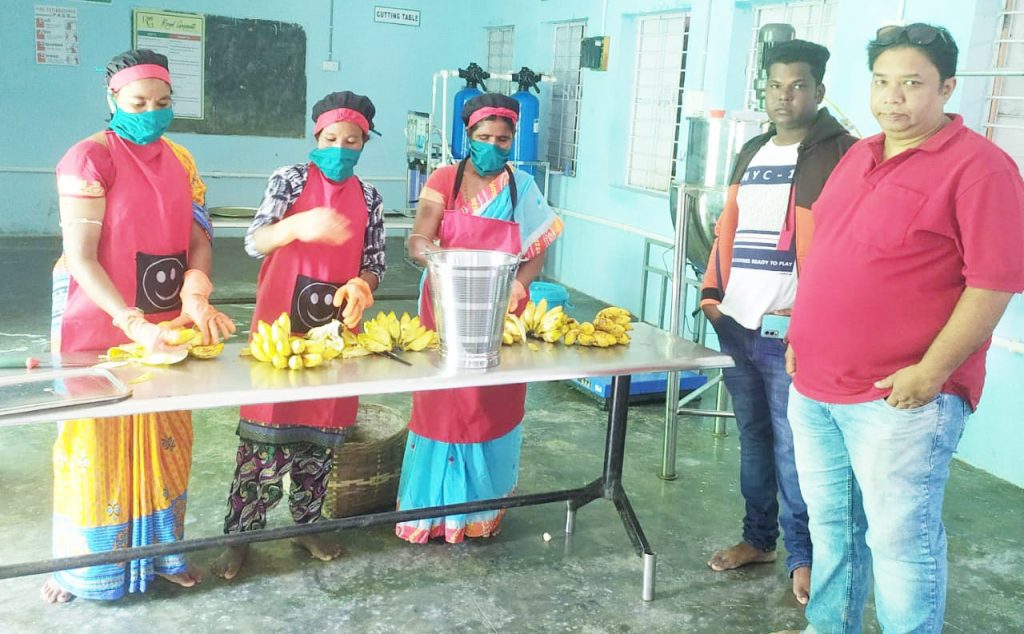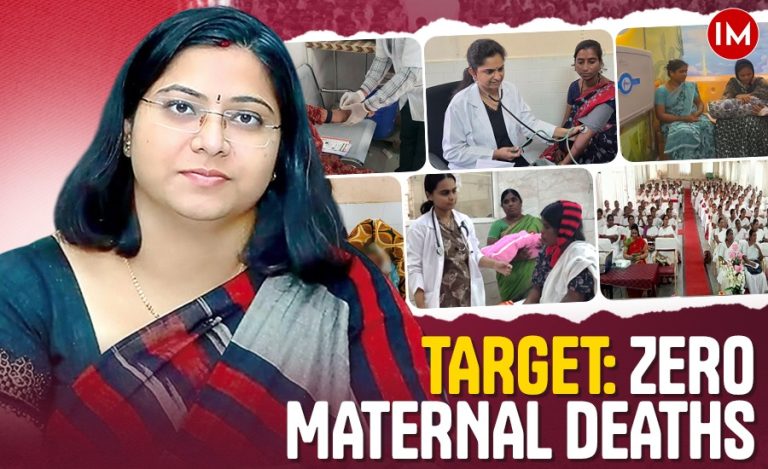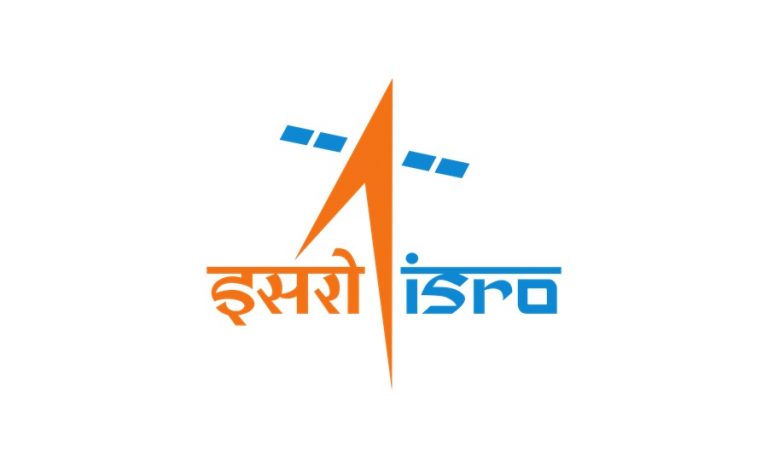Predominantly a tribal-dominated district, most initiatives introduced in Gajapati have the welfare and upliftment of the tribal population as a priority. The district administration keeps bringing such initiatives from time to time to involve them in various activities for a stable source of livelihood.
Recently, along with the Integrated Tribal Development Agency (ITDA), the administration set up a processing plant for the manufacturing of dry food items from the commodities made available under the Odisha government’s ‘One District One Product’ scheme.
In an exclusive conversation with Indian Masterminds, the District Magistrate of Gajapati, Odisha, IAS officer Lingraj Panda, shared details about the same.
ABOUT THE PROCESSING PLANT
The processing plant has been established by the Integrated Tribal Development Agency in Paralakhemundi as part of the Mission Jeevika project, which is run by the Mission Shakti organisation. It is the first of its kind in Odisha. The plant is equipped with a solar heat chamber, dryer, sorter, and a pulp maker, among other things.
“We have trained one Self-Help Group (SHG) to take over the plant. The entire method includes the sale of organically grown fruits by the farmers, which are bought by their wives involved in the SHG groups. This eliminates the risk of middlemen duping and buying the produce from the farmers at throwaway prices,” shared Mr. Panda.
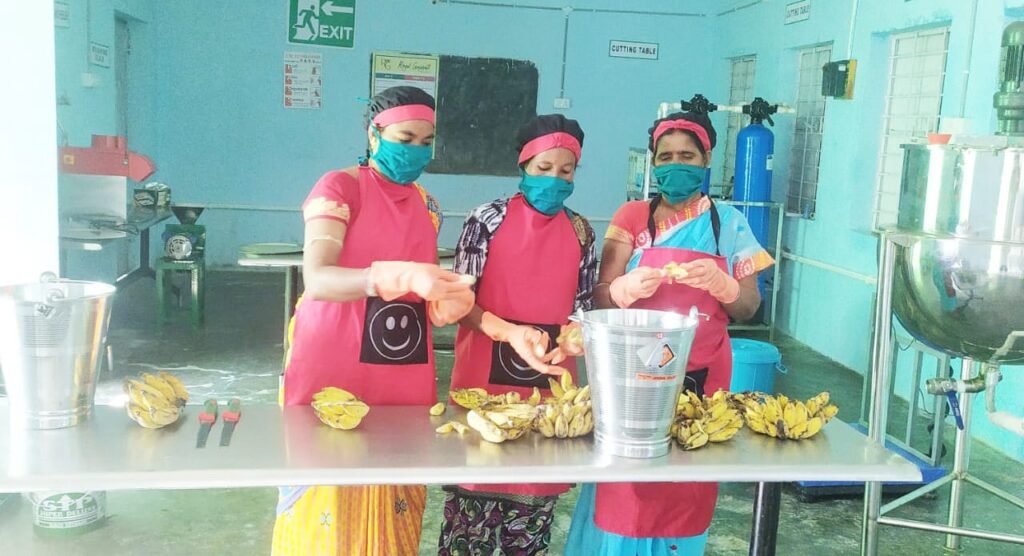
PROCESSING COMMODITIES
Pineapples are one of the main commodities farmed in Gajapati under the ‘One District One Product’ scheme of the government, along with lemons, mangoes, and bananas. All the crops are grown organically by the tribal farmers of the region.
Once the tribal women from the SHGs have acquired the raw produce of the farmers, they aggregate it and bring them down to the processing plant, where the material is taken over by the federation group handling the plant.
“The women, then, dry the raw materials, process them, and manufacture dry food items from them, which are packed and readied to be sold in the market. They sell the packaged food and the money earned by them is further used to buy the produce of the farmers, and so the cycle continues,” Mr. Panda told Indian Masterminds.
In this way, the administration also ensures that the crops grown by the farmers get good market value and their price rate doesn’t drop.
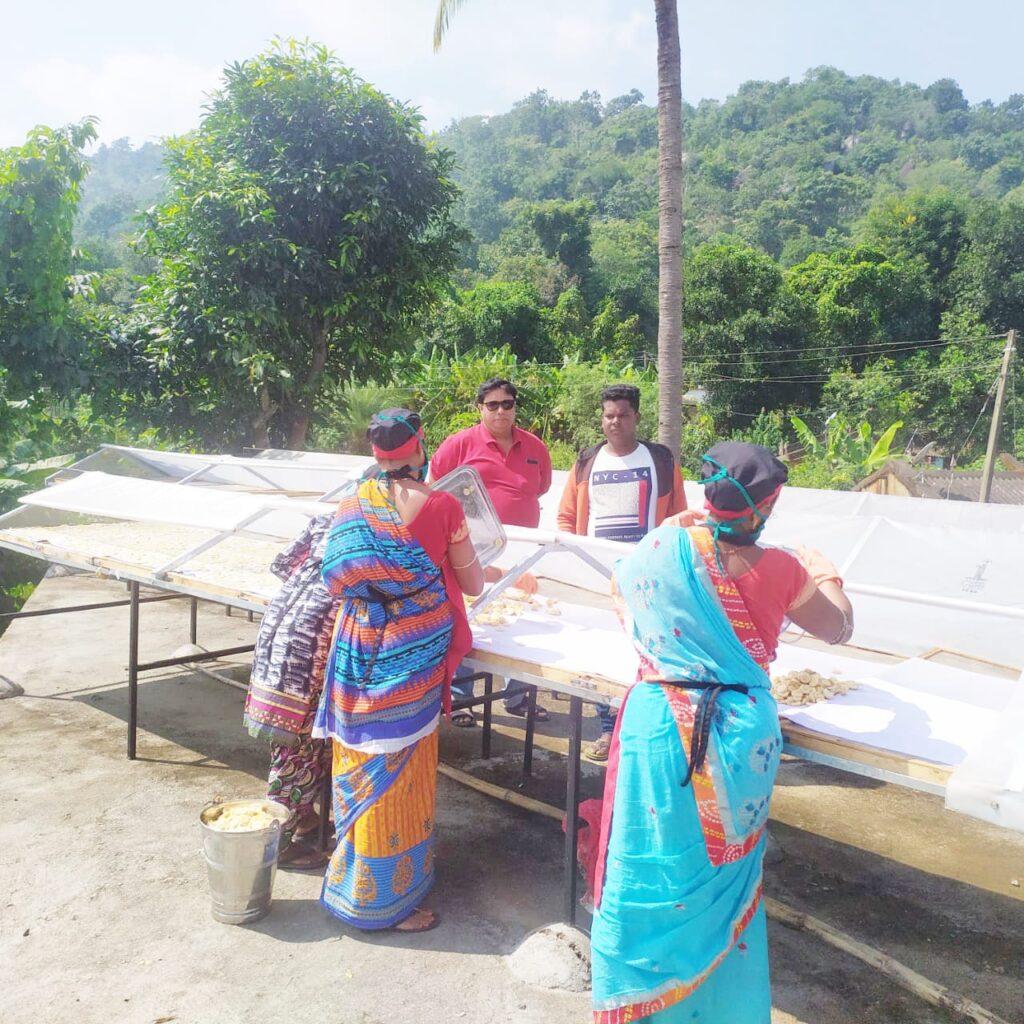
A SUCCESSFUL COLLABORATION
For the initiative to become successful, the officer has also tied up with various companies that receive partially processed items from the SHGs and further complete their manufacturing, label & brand them, and sell them.
“From the produce grown in the district, we are manufacturing pineapple candies, banana candies, and lemon pickles. By the next month, we will also begin the production of tomato sauces and mango pickles. All of these are being produced and sold under the brand name – ‘Royal Gajapati’,” shared Mr. Panda.
The initiative has been in progress for only three months now. The third cycle of manufacturing and selling the products acquired and produced is currently underway. The project has spread to four villages now, with the residents actively involved with the producing, manufacturing and selling.
“Through this initiative, we are also converging a lot of funds. The ITDA funds are involved in the construction aspect; from the horticulture funds, we provide training to the SHGs, and the purchases and daily transactions are done under the Livelihood Mission. In this way, we are using multiple funds from multiple state and national level schemes, for the purpose,” the officer said.
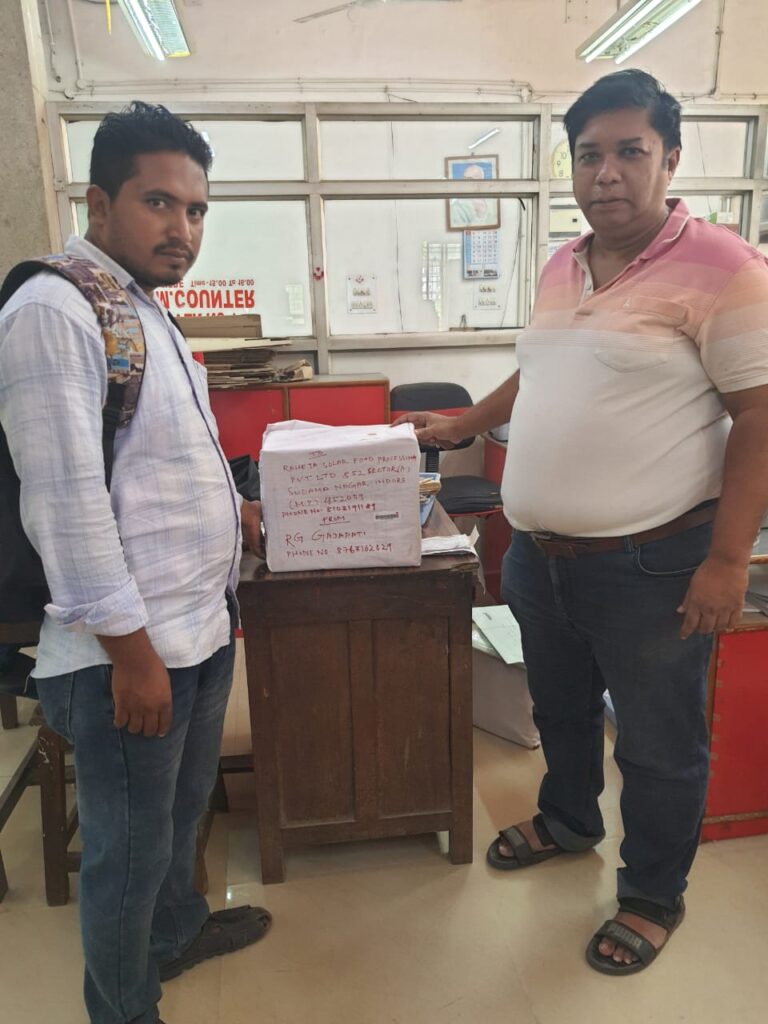
EMPOWERING WOMEN
Every month, the SHGs target one particular item. In the last three months, they have manufactured pineapple jam, dry banana items, and lemon pickles.
A Madhya Pradesh-based export business recently appreciated the products made by the SHGs and decided to purchase the entire stock, at a much higher rate than the entire expenditure. The majority of these food products are generated from processing the bananas that the SHGs had supplied to the export business as test samples.
The district administration’s initiative is empowering the tribal women of the district, as it is providing them with a stable income and helping them to become financially independent.

